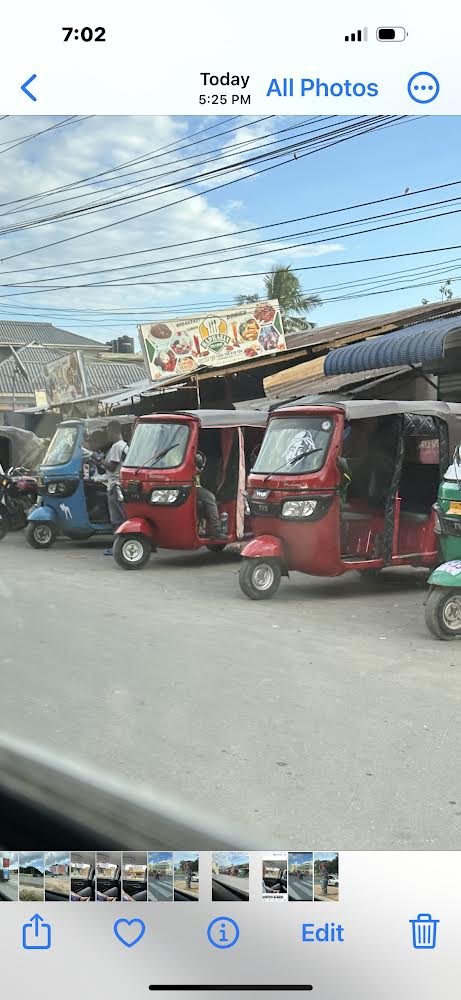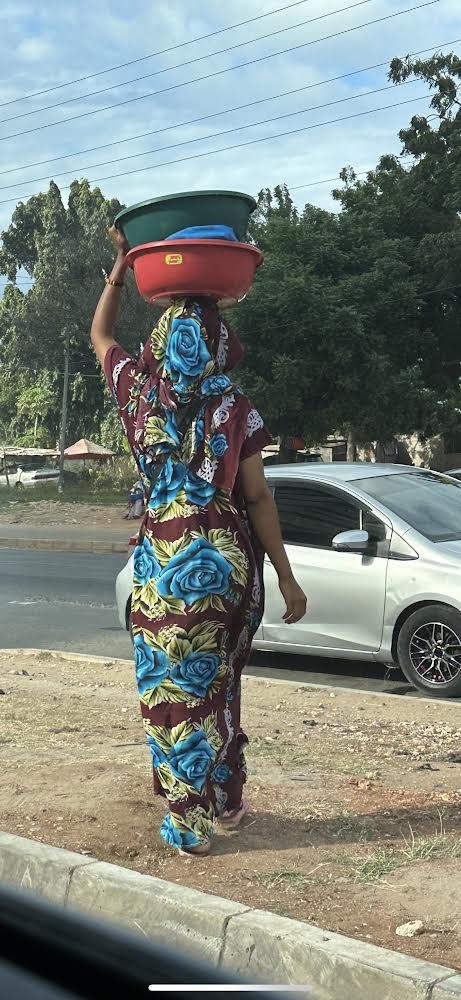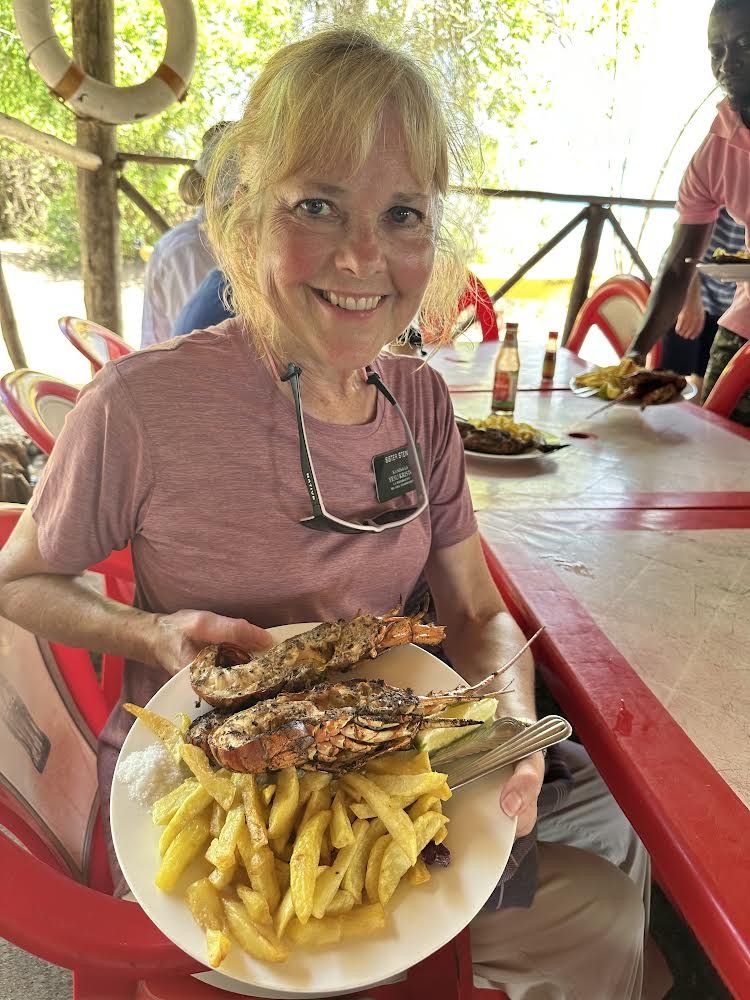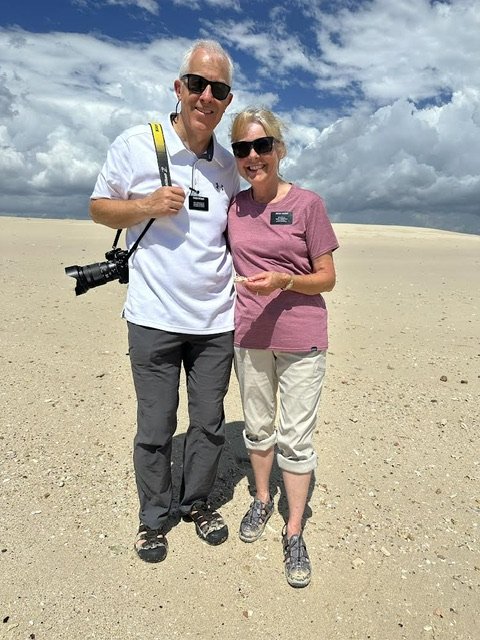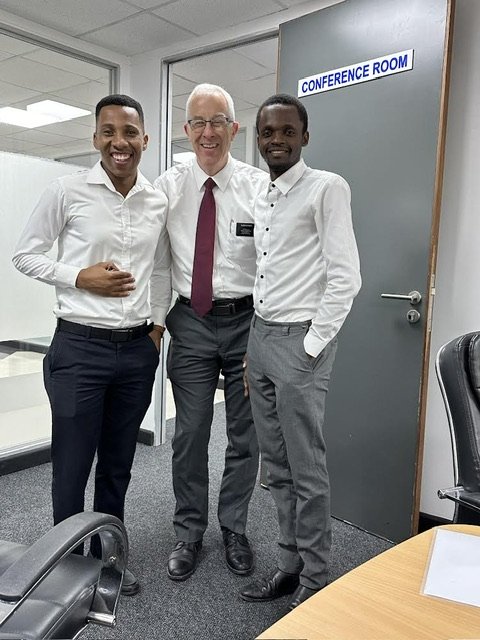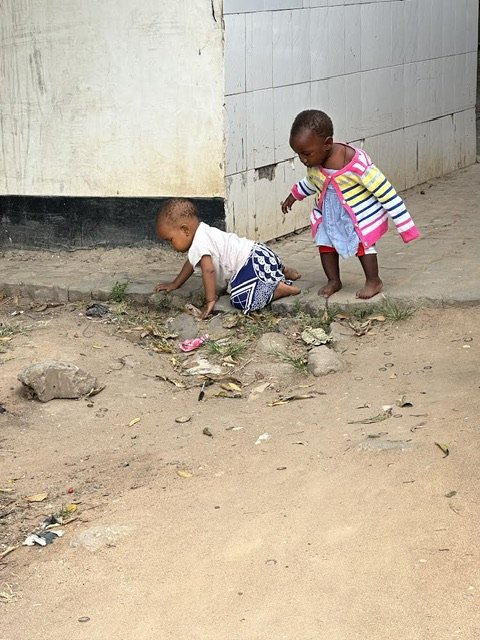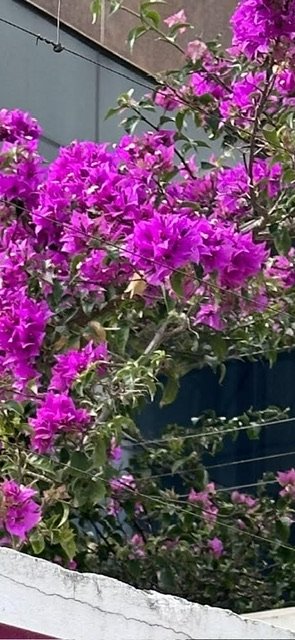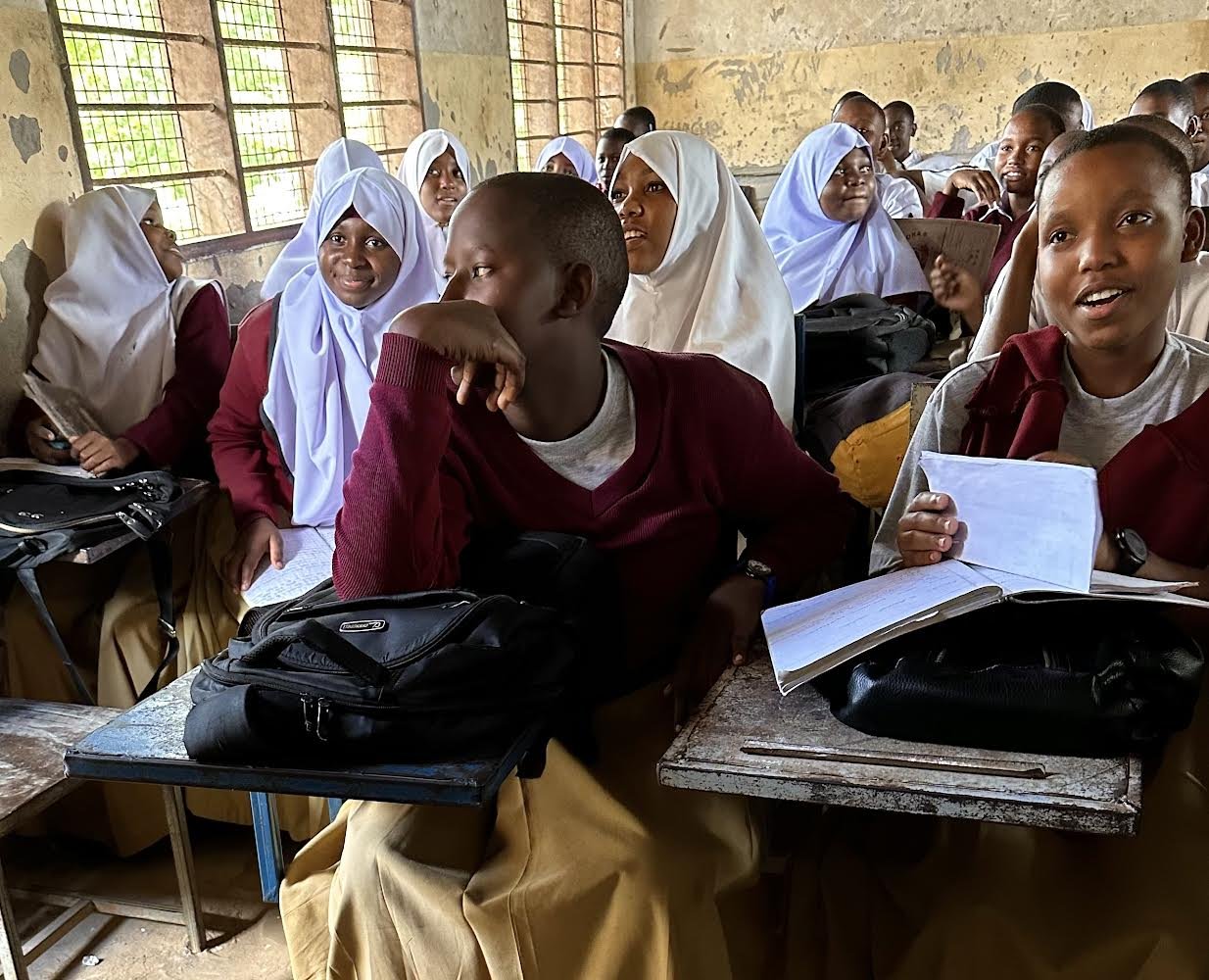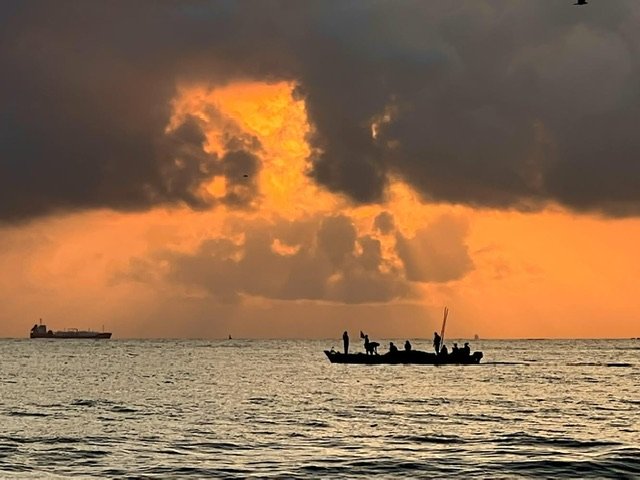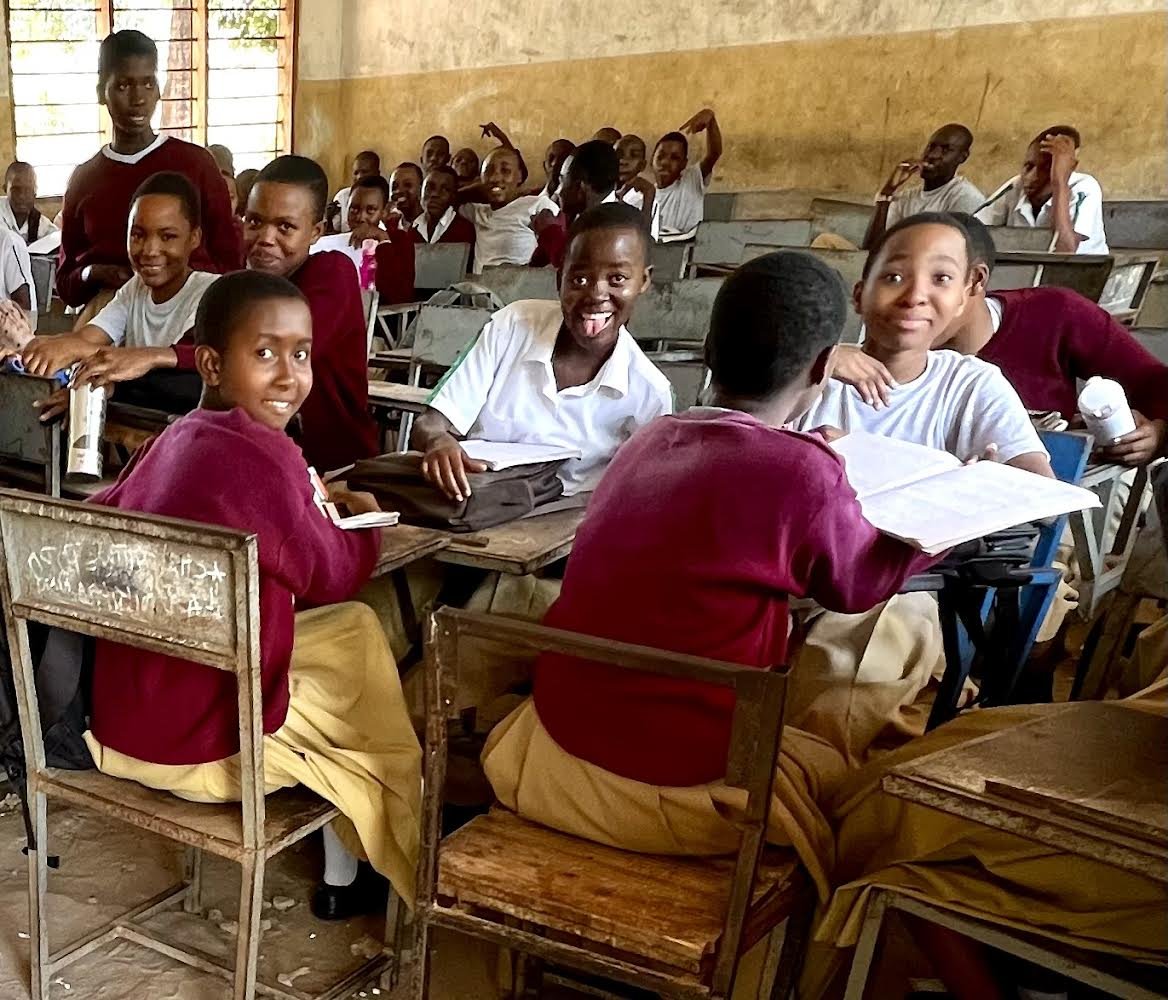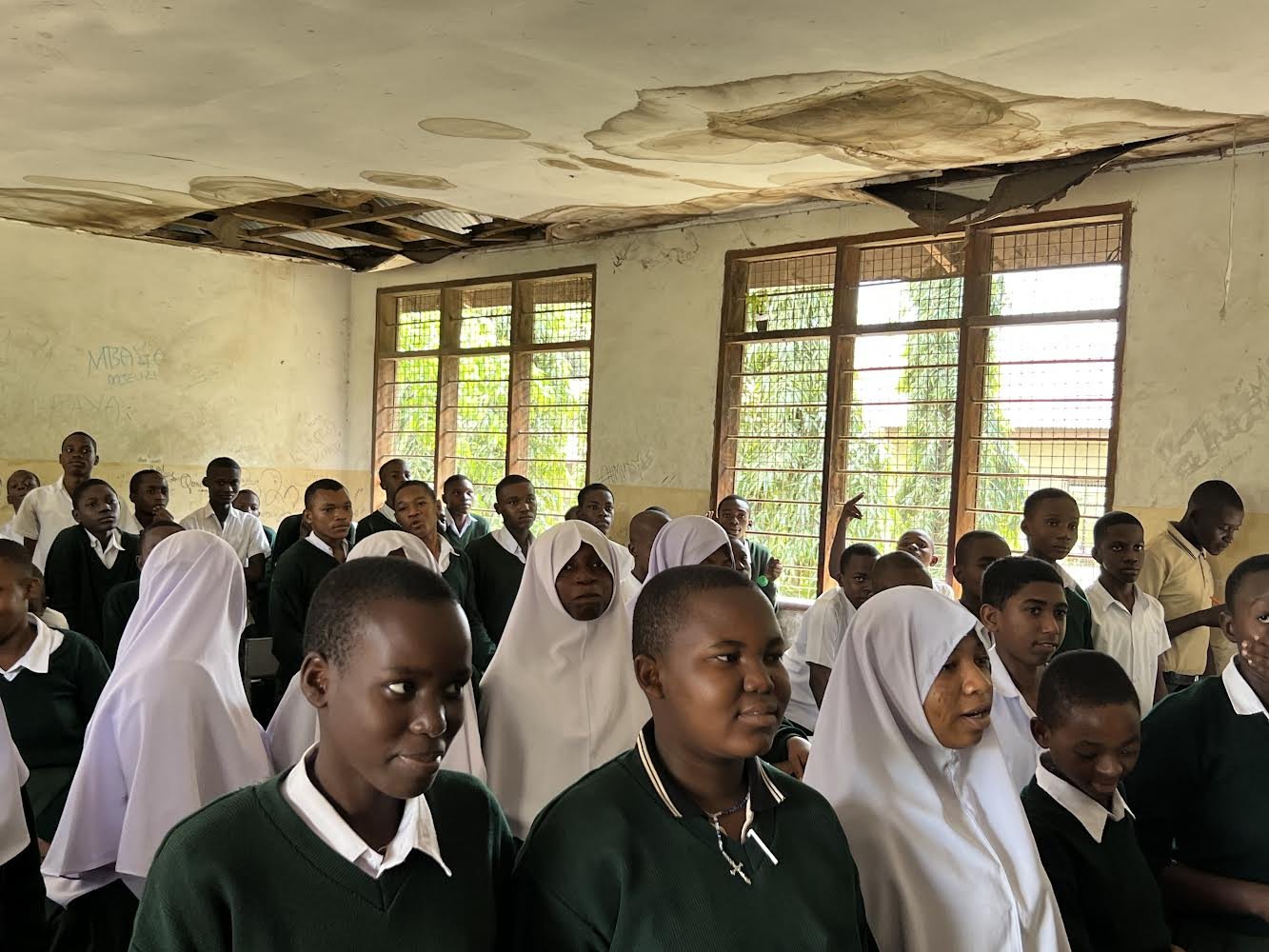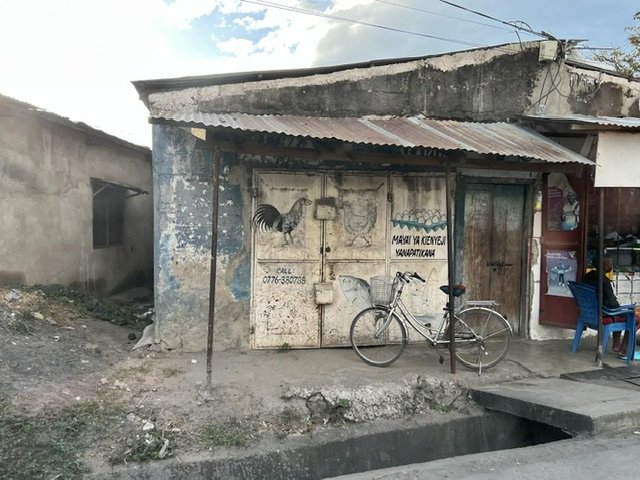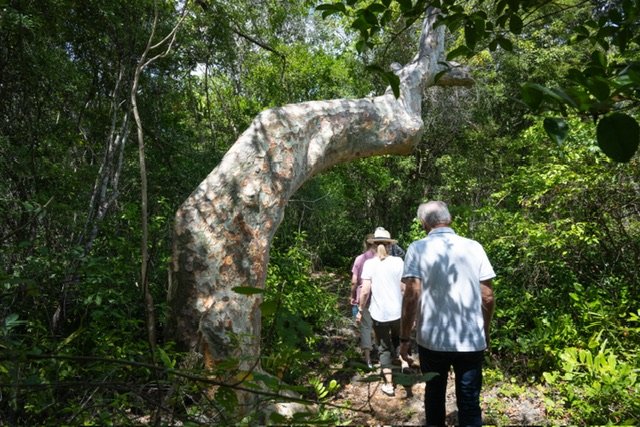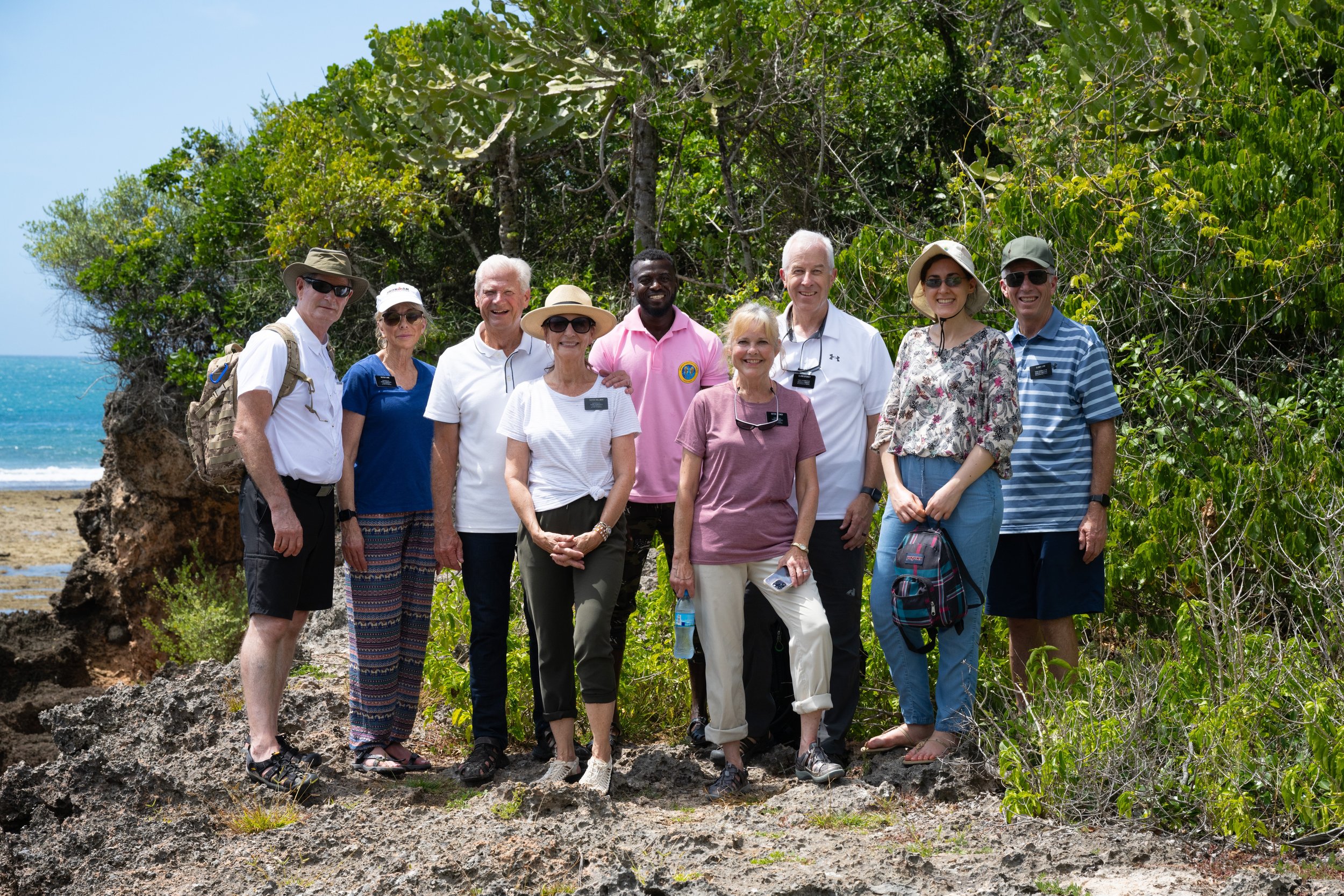Getting to Africa
Stacy’s Update
Yeah! It was exciting getting our internet hooked up last Friday in our apartment. It has been a process. Things move slowly here.
We will share a little about what we have experienced so far. We have experienced many emotions, things here are different, but good. We are happy to be serving here with these beautiful people in Dar es Salaam,Tanzania.
Humanitarian Missionaries
We were called to serve as Humanitarian missionaries for the Church of Jesus Christ of Latter-Day-Saints. The second day we were here we had a 2 ½ day training with our Area Welfare Self Reliance Manager. He is wonderful to work with and we appreciate him helping us as we learn our responsibilities. The church is divided into areas around the world. We are in the Central Africa Area. The office is in Kenya, there have not been any Humanitarian missionaries here in Tanzania.
Before we came on our mission, Stacy had a dream. I was in my home and walked outside, there was a huge fire. In my dream I ran inside and grabbed two hot chocolate mugs, filling only one with water and went back outside. I immediately woke up. I was disappointed in myself that I didn’t do more to help. I soon forgot about the dream.
Later I was visiting with my sister, Linda and I told her about my dream. She commented that she looked at that dream in a different way. I was going to Africa, there would be so many needs. I would only be able to do some things and that it would be okay. That was enlightening to me. This was re-emphasized at the MTC and also since we have come here. I am grateful to my Heavenly Father for this increased understanding. There is so much work to be done here, we will work hard and do our best and are grateful for the guidance to keep a balance in our emotional, spiritual and physical health.
Little by little we are learning how to go about carrying out the humanitarian work. It is humbling visiting the different public schools and medical facilities. The Central Africa Area Focus is on Clean Water, Education & Health.
It was quite the experience visiting our first public school. It is just so different from what we were used to. We have appreciated our good friend who has taken us to most of the schools and translated for us. As we drove to the first school we turned off the main road onto this very uneven and bumpy dirt area of old buildings with construction. We kept driving and were shocked when we came to a few old rectangular cinderblock buildings with bars in the windows. I asked, “Is this the school?” He verified that it was. We were able to visit with the head teacher and look at the classrooms, latrines, and the office. All of these needed renovations.
While Farrell was looking at things with the others, I realized that I was with one of the teachers and there were children in front of us. I tried to talk to them with a few of the Swahili words that I know. I then had a thought to ask if they could sing a song. They were excited to sing and finished with Head Shoulders Knees & Toes! It was so fun singing with them. We love seeing the children’s smiles. It made my day!
We have learned that the public schools are so overcrowded, with 1,000-3,000 students, lack of enough classrooms so that 100-150 students are in each classroom in the Primary grades. The office and many classrooms are in bad condition. They are lacking enough latrines and no soap with limited water.
As we have continued to visit more public primary & secondary schools, we have realized that this is what they are used to here. Some schools have more needs than others, but they are all lacking in accessibility to water, sanitation, and improved classrooms and supplies.
Before we came on our mission, we didn’t know what to expect on our housing accommodations. It was very surprising for us to arrive at a Villa, a very nice apartment. There are many embassies here in Dar es Salaam. It is interesting to see the contrast between the skyscrapers, minimall & other stores, similar to what we are used to and then there is the poverty levelsurrounding them. We live in a gated community. There are many of these. There are guards at all of these housing facilities. They open the gate as we come and go. We are enjoying getting to know these men. They help us with Swahili.
New Friends
We will always be grateful for the incredible senior couples who made our adjustment here so good. Because this is a new area, two of these couples didn’t have someone to welcome them. The sisters had purchased bedding for us, a few kitchen items, they took us to the grocery store and they cleaned the apartmentin preparation for our arrival. With the language barrier, not knowing the area, the driving adjustments and other differences we have really appreciated the help from our new friends.
There is a couple in the Mission Office who are very busy helping keep things running for over 100 missionaries. In January there will be over 150. We have 2 Member Leader Support(MLS) missionary couples. They all work hard and are so committed to serving the Savior by giving their time and service.
Here are some of the activities that we enjoy doing together; walking early some mornings, going to dinner at restaurants that are cheaper than we are used to, Sunday afternoon- Come Follow Me, Treat & Game fun time, and we got to ride in a small boat out to an island, relax, and eat the fish that wascaught there for lunch (it was beautiful). We live about 2 minutes from Cocoa Beach of the Indian Ocean.
Last week at church I looked up at the pulpit and saw our friend who translates and goes with us to visit schools & medical centers, the Branch Pres. And his counselor, who we know now, and others sitting in the congregation, I had the thought come, “I feel like I am at home here.” It was good. We continue to make more friends everywhere.
Daily Life
Before we came on our mission, we didn’t know what to expect on our housing accommodations. It was very surprising for us to be taken to a Villa, a very nice apartment. There are many embassies here in Dar es Salaam. It is interesting to see the contrast between the skyscrapers, minimall & other stores, similar to what we are used to and then there is the poverty level surrounding them. We live in a gated community. There are many of these. There are guards at all of these housing facilities. They open the gate as we come and go. We are enjoying getting to know these men. They help us with Swahili.
We have found that no matter where we are, in our apartment complex, shopping, even when stopped at a stoplight for a long time… and street vendors are walking between the vehicles wanting to sell their goods(I bought me an apron the other day), are asking for food, or start to wash your windshield we don’t feel concern for our safety.
We had concerns before we left about safe water, mosquitos, food, the culture and language, we have found it to be different for us than we thought it would be. We are very grateful for a comfortable situation, and we recognize this is not the case in every African country or even our area.
We do not have to sleep with a mosquito net and at this point have had about 8-10 mosquito bites(we take medication daily to avoid getting malaria), we have a vehicle and will eventually have a 4 wheel drive truck(some roads are paved and then it suddenly ends and you are on a dirt road, often very bumpy and will eventually get very muddy during the rainy season. Themission provided a water filter which is hooked up to our kitchen water faucet; we use it for drinking and washing our hands. We have access to many fruit stands(pineapple, mangos, tomatoes, bananas, avacados & papaya are some of the ones we enjoy.) We wash these with water and a little bleach in it. Groceries here cost at least double or more. We can find many things we need. The power goes off often but we have a generator so we are able to continue working(we have our computers and printer set up in our villa, it works well.)
Tender Mercies
We have tried to look daily for tender mercies, it is not hard to find them.
One experience we had: We were at the Ubungo Branch for Choir Practice. It gets dark here at 6:30pm. We had been to choir practice(Stacy playing the piano & organ with Farrell singing in the choir)
This building is about 35 minutes away from where we live. Following the practice, After a little bit of visiting we went to the vehicle to leave, Farrell tried to start the car and the engine wouldn’t start. After a few tries we went to ask if someone had jumper cables, No one did. Suddenly someone came up and said, “He will bring his battery from his car over.” A young man runs over carrying his battery and leans over the engine of our vehicle while another young man is holding a flashlight for him to see. He works with his bare hands to connect the batteries by turning his battery upside down and touching the terminalstogether. We were surprised, saw a few sparks, then Farrell tried to start the vehicle and it started right up. Again, as of other times that we had seen, we thought of how resourceful these people are. They are generous and helpful.
We are so grateful for the opportunity to serve this mission. We are getting to know people and continue to feel of their humilityand goodness. We have found that whether we are in a store, on the street, in our apartment complex, etc. if we reach out to people, they are respectful, are kind and will visit with us. They are also willing to help us with learning Swahili.
Everything here is different from what we were used to. Before we left a brother-in-law shared with us some very good counsel.He said that everything here would be different and we would be out of our comfort zone, but that we could embrace the differences making it our new comfort zone. We appreciated this advice and even though it is pushing us we are choosing to do so.
We know that we cannot do this work alone. We appreciate the many miracles that we have had. We love the Savior and will continue to serve Him, knowing that we can do all things with His help.
Farrell & I have been married 45 years, and have enjoyed a great life together. Being here has provided an opportunity to grow even closer in our relationship as we are companions and work together in the humanitarian work and church work. It ishelping us learn to be more flexible and to communicate even better. It has stretched us a few times, but has made us stronger. It is good.
Farrell’s Update
Mission Training Center
Our first day was busy but very organized. We had set schedules which obviously needed to be followed to avoid absolute chaos. For example, our First week, over 600 missionaries arrived in their new suits, long dresses, clean haircuts, sturdy and comfortable shoes. Coming from all walks of life and wondering what happens next!
We had a good group of mission couples and single senior sisters, seasoned in the gospel and willing to step out of their comfort zones to serve the Savior. It was truly inspiring.
We had a small group of humanitarian missionaries all combined into our district whom we loved. They were called to serve in Tonga, the Czech Republic, Oman Jordan, and us in Tanzania. Our little band of Senior’s in our District were amazing and we pray for each other and, just as the sons of Mosiah, rejoice in learning from their varied experiences and sharing loving concern for each other adjusting to different cultures in different lands.
The devotionals were wonderful, the Holy Ghost confirmed to us once again that we have been called by Jesus Christ to represent Him throughout the world. That is a humbling thought.
We met a wonderful couple, the Daines, who we found had served in Malawi, Africa and who were now going to Germany. They had such a love for the African people and their culture and they shared how their lives had changed from their experience.
We visited with them often and will be lifelong friends. We do not believe that it was coincidence that we met.
We loved our instructors, young returned missionaries beginning their lives post mission with all its uncertainties, but their testimonies were firmly planted on gospel of Jesus Christ.
Driving
We arrived late at night after 22 hours of flying, going from Salt Lake City, to Chicago, to Amsterdam, to Kilimanjaro and then to Dar es Salaam. The streets were empty and the drive with Elder Hutchinson and the Mission President was easy.
Reality time! The next day, we realized we had forgotten a piece of luggage at the airport and Elder Hutchinson had to take me back to the airport to claim our lost bag.
Imagine, living in a city of close to 8 million people, most riding busses, with or without glass in the windows, and at times having the side doors opening and closing along with the rhythm of the bus speeding up and slowing down.
There are motorcycles carrying goods and passengers, known as Piki, Piki’s; small three wheeled cycles with a tiny cab area, known as bajaj’s driving down roads on the LEFT SIDE, (yes, there is some carryover from the British) no lane markers, occasional traffic lights that may or may not work, and no stop signs; Piki’s and Bjaj’s who do not need to stop like everyone else, even some of the buses and cars don’t stop, and pack them all into a road, (bara, bara) with no shoulder and no obvious place to park, and you get a small feel of what it is like.
One thing that we did notice very quickly is that in the midst of this seemingly chaotic scene, we have not observed road rage. There is just kind of a system to this and people give way to each other, honk to let you know they are coming through or flash their lights to let you know you can go. Somehow and some way it works and people don’t seem to mind.
Driving for the first time was terrifying, actually it is a little terrifying every time, but I am starting to adjust. This leads to our first experience driving around the peninsula.
Stacy wanted to do a practice run to the mission office so we were confident on how to get there for our training from our Area Self Reliance Specialist who traveled down from Kenya. He is wonderful, by the way.
Anyway, things went well until I had the thought that instead of going back the same way, we could just keep going past the mission home and connect to another road and circle back to our apartment. Well, what should have been a ten minute drive turned into 2 ½ hours, mostly in the dark, traveling through narrow busy streets with few lights including cars with no lights, and no traffic signs, people walking on each side of the road, all hard to see, and our rental car with dark tinted windows.
There are no straight streets in between the main roads and many of them dead end. There is very little room to turn around, and even if you did, there was so much traffic that we didn’t know how to do that. Also, include the fact that we had no internet or GPS access.
Okay, now add in the other minor complication. There are no street signs. All we knew was that we lived on Toure road and we turned off of Toure onto the street with our apartment, which we’re not sure if there is an actual street address, just that we turn when we see the big inflatable Coca Cola bottle. We would ask for directions, but we were not sure where our apartment was, nor did the people we asked, know where Toure road was, even though that was a main road. I’m sure our American accent in the country that speaks Swahili, did not help.
So yes, we didn’t know where we were, we didn’t know where we were going, and as we tried to get through a crowded, busy intersection, a Piki bumped into our car and he fell over. I instantly could see myself, first day driving on my mission, put in prison for life! Luckily, the driver got up, rubbed his leg and an opening appeared in front of our car and were able to get through.
We finally found a parking place at a local market that we had been to before and a kind Bajaj driver offered to guide us to Toure road. You wouldn’t believe how grateful we felt to finally arrive at our apartment. We paid the Bajaj 2,000 shillings, equivalent to about ninety cents and collapsed into bed. Now I know, we should have probably paid him more like 10,000 shillings, but it was a tender mercy.
I thought from that experience how the gospel is like our experience. We can’t remember where we came from and most people in the world have a belief that there is something after this life, but they don’t really know what.
We experience joyful, painful and fearful experiences in life, but we need a GPS and more knowledge of our purpose. The GPS is the Holy Ghost which will always teach us what is true and will guide and warn us, just as a mobile GPS guides us. Unfortunately, we didn’t have that mobile GPS available that night, which is exactly why we need this understanding so we don’t give in to fear.
That is what the restoration of the gospel brings. It teaches us there is a definite home with definite people (Heavenly Parents) who want us to find our way. We have the restored priesthood ordinances, which if we live up to our covenants, bring us back home safely, full of hope because of the Savior, who lovingly atoned for our sins and brought about the resurrection. The gospel can bring us safely home again if we will just trust and do our best.
Church
Imagine the early restored church in Kirtland, Ohio with all new members learning their duties and learning about the restored gospel and you will be pretty close to what we are experiencing here in Tanzania. For example, last week in Priesthood Meeting, our branch had around 25 people in Elder’s Quorum and probably 90% or more of them were either brand new converts or had only been members for about a year.
There are no established stakes yet in Tanzania, only branches and districts. For those not familiar with this, a branch is a local ecclesiastical unit and a district is a group of local units within a certain boundary with leaders overseeing the individual branches. These are under the direction of the mission president. We have some experienced leaders who have served missions and many who are anxious to serve, but who are learning.
One thing we learned quickly is that people attending may arrive early or late for the meeting, but they are having to rely on public transportation as described above to come to church. They are not in the chapel chatting. Even the branch presidency are usually seated up to 20 minutes before the meeting begins. If you are visiting in the back of the room when it is getting time to start, you will be invited to sit down.
The meetings are mostly in Swahili which makes it a challenge to follow what the talks are about, but members are so good to try and help us understand and they like teaching us words and they seem to appreciate that we are willing to try and learn Swahili.
The youth are so impressive. They take the gospel seriously and travel to come to the church on Saturdays and even during the week to study English, take seminary or attend institute classes and they love singing.
Stacy and I have been invited to help teach a mission preparation class and help with Institute, each held on Saturdays. The leaders seem so appreciative for any help we can give, or for online training available to them from church headquarters.
Many of these young men and women are preparing to serve missions. It is often difficult for them to get visas to leave the country and passports are at least $100. Many people earn less than $75 a month, so paying for these is a big sacrifice for them. We are humbled each week as we see the sacrifices these saints have made.
We have a district conference coming up and we are participating in a special choir for the conference. We have about 30 participating and Stacy is playing the keyboard. The piano/organ is electronic and works for the most part, except for the swell pedal for the organ which kind of works, but it goes from quiet to very load with a slight touch with your foot. It’s best to pick a level and stick with it.
Hymns are preprogrammed into the organ so sacrament meetings can have music if no one is available to play. Some branches do not have any keyboards available.
It is fun to sing the hymns with these African saints. They sing with their hearts and the directors take this very seriously. Saturday’s sessions will be in the Ubungo chapel and the Sunday session will be in a larger public building where up to a 1000 saints are expected to attend. The songs are in Swahili, so Farrell is singing the words, but not really knowing what they mean.
We hear about miracles happening in the mission in Tanzania. One teacher of a public school near Lake Victoria, where no branch of the church exists, found a Book of Mormon online and he knew it was true. His school teaches almost three thousand students and he got permission from the principal of the school to start teaching from it.
He traveled eight hours at his own expense to meet the mission president and start learning more about the church and learning what he needs to do in order to be baptized. He needed to get married and they still require a dowry in Tanzania and he was willing to pay a great deal to have this privilege to be a member of the church. What a great example of faith.
Swahili for the day: dad = baba, mom = mama, sister = dada, brother = kaka, grandfather = babu, grandmother = bibi
Pictures
Our mission president came personally late at night to welcome us at the airport upon arrival after a 22 hour series of flights.
Great experience at the MTC with dedicated senior couples going to serve around the world.
This is a public secondary school and the playground
School Lunch consists of rice and beans cooked in pots on an open fire
Everyone has a way of earning some money and they get creative with limited resources
Bjaj's are a common form of transportation and they don't have to obey any traffic laws
The women dress beautifully, and they work so hard
Avacado's are huge and they are soooo good!
This is the only place to wash your hands at the school. This child is cleaning his shirt after a brief rainstorm
Mom enjoying fresh caught lobster
Day off with the senior missionary couples
Awesome young men who help us get around, translate and help us adjust to a new culture.
Adorable African Children
The different kinds of flowers are bright and beautiful
Baptismal font at one of the LDS Branches in Dar es Salaam
This is how they supply water is stored for daily use and drinking.
Poor conditions, but beautiful smiles
Fisherman at sunrise manually pulling in their nets
Library at a public school, these schools are free and have between 1000 and 3000 students
Despite poor conditions, the students are happy and so friendly
Secondary School
Eggs for sale. The people are resourceful and use what they have to sell goods
Sunrise along the coast of the Indian Ocean, a two minute walk from our apartment.
Ferry to Bongoyo Island off the coast of Dar es Salaam. Different from the ferry I had envisioned prior to arrival.
Hike on Bongoyo Island to Shark Bay.
Senior missionary couples on preparation day with a sister visiting on business from Argentina.
Pulling in the boat to take us back out to the ferry. We wade out to the boat and are transported to the ferry with its little single outboard motor and begin our half hour journey back to Dar es Salaam.
sunset at Bongoyo Island near Dar es Salaam







